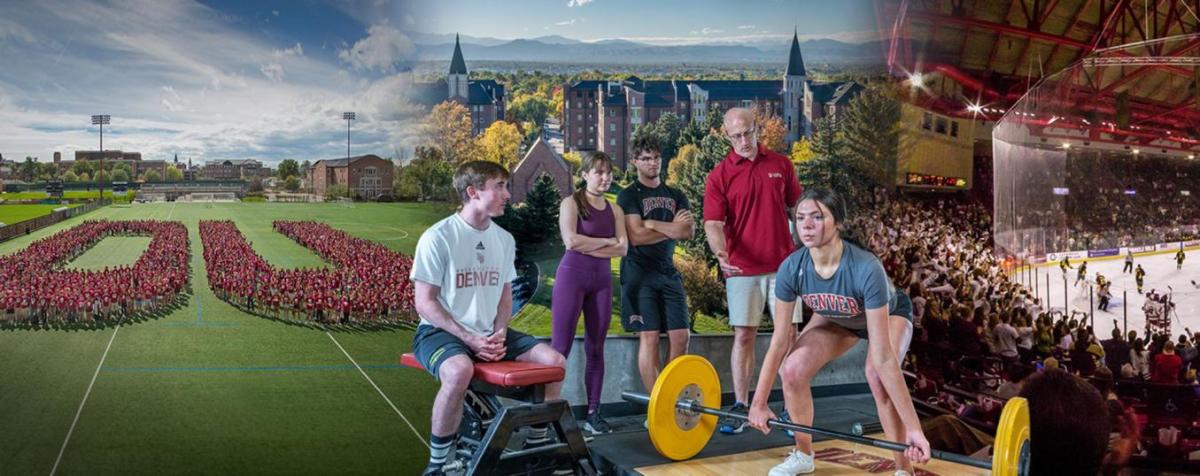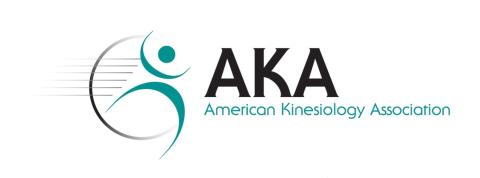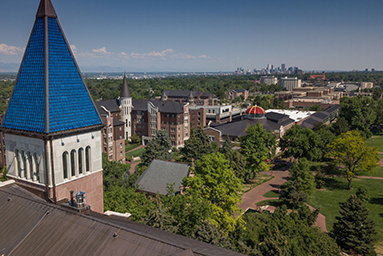Kinesiology and Sport Studies
Program Overview
Building on GSPP’s success in delivering excellent and highly rated graduate degrees in sport coaching and sport psychology, DU launched a new undergraduate minor in Kinesiology and Sport Studies (KINE) in 2021. Soon thereafter and to great demand, DU launched a Major in KINE in 2023.
Our on-campus kinesiology and sport studies major and minor undergraduate programs deliver a comprehensive, flexible, and progressive curriculum with challenging teaching and learning strategies to a community of diverse learners, alumni, and networks. We aim for our graduates to be well-prepared, curious, and ethical scholar-practitioners and leaders who integrate diverse ways of knowing to solve personal problems, address social issues, and live meaningful lives.
With a progressive and innovative curriculum, we introduce students to a variety of knowledge and skills, professional organizations, graduate school opportunities, and careers spanning health and fitness, medicine and allied health, coaching, outdoor recreation, sport management, and more. Our intentionally multidisciplinary program focuses on the psychological, sociological, historical, and applied physiological and biomechanical aspects of sport, human movement and the human body, and physical activity.
We offer a major and minor in KINE. All students are eligible for the major and minor. There is no application process.





